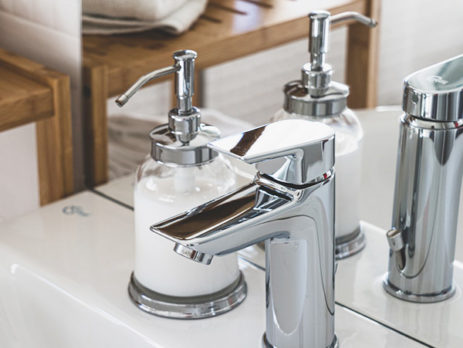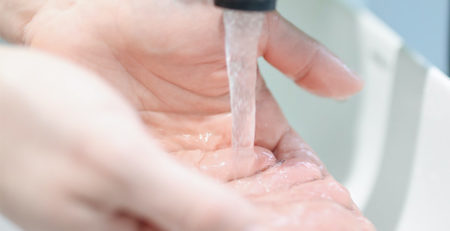Four Types And Practices Towards Good Hygiene
“Hygiene refers to conditions and practices that help to maintain health and prevent the spread of diseases,” World Health Organization (WHO). Ignored often, hygiene plays a crucial part in our daily lives. With the hustle-bustle of the city life hygiene is widely ignored and often leads to various health problems. Bad hygiene is known to affect even psychological and social aspects of our lives. Good hygiene, however, helps in preventing diseases, infections and stomach-turning body odors. Hygiene is much broader term that perceived by the masses as “cleanliness.”
Hygiene is a choice of making personal habit choices such as frequent bathing, clean clothes, washing hands (especially before and after meals), keeping urinals/bathing area sanitized for clean and pathogen-free environment, and even promptly dressing a superficial scratch. Let us quickly view how good hygiene can help benefit us, improving our lives on a huge scale.
Four types and practices of good hygiene includes:
Body Hygiene
With nearly two million sweat glands, body hygiene is the key to good personal hygiene. Body odor is the decomposition of sweat by bacteria, which is caused due to moistened and dried sweat and dead skins making dirt stick onto the skin and surface of the clothes. Keeping your body clean can help prevent numerous medical conditions and diseases, as taking a bath/shower daily with soap and warm water washes away dirt and bacteria responsible for many diseases and body odor.
Hair hygiene
Shampooing more or less often depending on your hair type leads to less oil buildup, washes away dead skin cells and dirt. Hair Spa treatments are especially designed to strengthen the hair follicles, nourish the roots and revitalize the scalp, leading to natural hair rebirth, normalize oil secretions and increase in cell metabolism, and even stimulating blood circulation.
Oral hygiene
Our mouth cavity is full of bacteria and is a perfect environment for bacterial growth. Most prone to collecting harmful bacteria and infections, oral hygiene is widely underrated. The process of breaking down food into pieces begins in the mouth cavity, which leaves debris (food particles) sticking to the surface of our teeth and gum. Keeping teeth and gums healthy is as easy as brushing your teeth twice a day and flossing at least once, which helps clear away food particles and plaque responsible for tooth decay and various gum diseases such as plaque and unpleasant smelling breath.
Hand Hygiene
People’s actions are the primary cause of poor hygiene, leading to serious infections. Hand hygiene is often disregarded and often confused with cleanliness. “Cleanliness in many cases is removing dirt, wastes or unwanted things from the surface of objects using detergents and necessary equipment, whereas hygiene practice focuses on prevention of diseases through the use of cleaning as one of several inputs.” In other words, hygiene is a step forward into personal and an overall clean and good hygiene.
Generally, cleaning oneself produces pride, comfort and dignity at home and in public places. Caring about the way you look is important to your self esteem. Furthermore, good hygiene leads to big social impacts such as success of a job application, promotion and even friendship.





